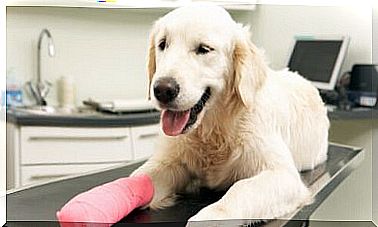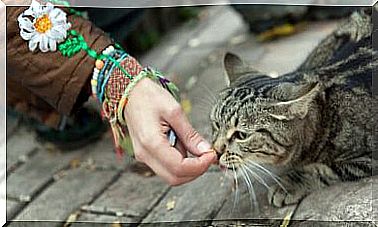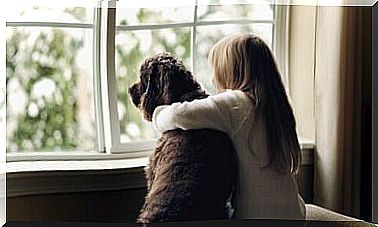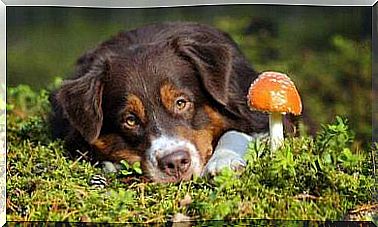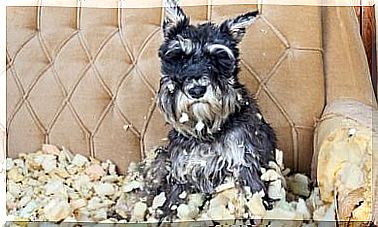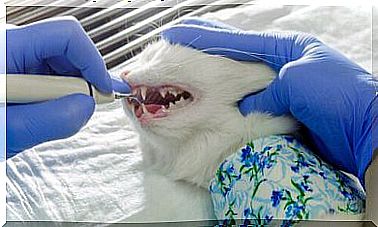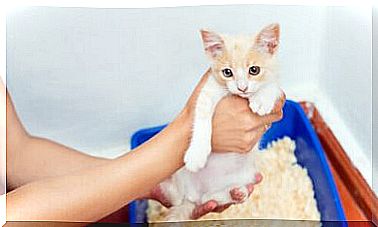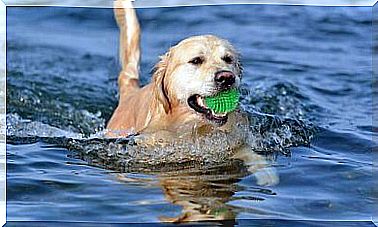Changes In The Dog’s Mood
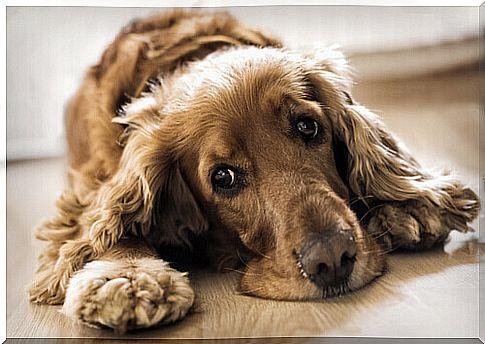
Animal lovers would always like to see their puppies happy, playing or asking for cuddles. However, they sometimes become in a bad mood or are struck by sadness, apathy, or even depression . Knowing the different reasons that cause an alteration in the mood of our dogs is the first step to be able to find a solution. Here are some details.
Do you know the main causes that alter a dog’s mood?
When the good mood of our dogs disappears, it is advisable to go back to the cause in order to find the right solution. Among the reasons why a dog can suffer from an alteration of his mood we can point out:
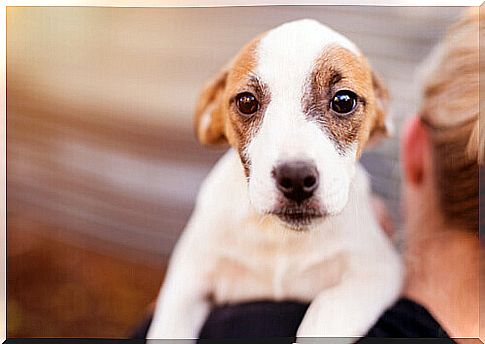
- He is suffering from a disease that causes him pain.
- He is getting old and his desire and patience are no longer the same.
- Some changes have occurred in the family unit (births, deaths, separations, etc.).
- He did not receive adequate education.
In these cases, contacting a veterinarian to help us understand the reasons for the change in the mood of our dogs is a great option. Don’t hesitate to contact him.
“ Pain, changes in routine and aging are the main causes that can alter the mood of our dogs. Recognizing the reasons for these changes is the first step in finding a solution. “
Health problems that alter the mood of our four-legged friends
A dog that suffers from severe pain can be aggressive towards other animals and even towards its owners.
However, because the dog cannot speak and tell you what is hurting him, it is sometimes difficult to understand what he is feeling. For this, he must be observed carefully, in order to understand what causes him so much pain.
In general, the pains that cause a bad mood in dogs are of muscular-skeletal origin, although sometimes they can be localized in the oral cavity or in the eardrum.
Other diseases that cause changes in the mood of dogs
The list of health problems that can alter a dog’s mood is long. Take note:
- General malaise
- Fever
- Respiratory difficulties
- Bladder Disorders
- Difficulty with vision, often caused by cataracts
- Head trauma
- Brain tumors or infarcts
- Hydrocephalus (in puppies)
- Hypothyroidism
- Psychomotor epilepsy
- Mental Lapsus
- (Lead) poisoning
- Metabolic encephalopathies
- Lysencephaly
- Viral diseases affecting the central nervous system
Changes in routine can also alter the mood of dogs
Changes in the home can create stress for dogs. For example, the loss of a loved one, the arrival of a new family member, or moving house and routine changes that lead the dog to spend too many hours alone or not be able to receive the same attention as before.
These are all sufficient reasons to alter the state of mind of the animal, which can, in some cases, present stereotyped behaviors. We refer to those repetitive behaviors to which we are unable to attribute a valid function. For instance:
- They chase their own tail until they bite it.
- They chase shadows.
- They hunt non-existent insects.
- They bark excessively for no reason.
- They attack their own food bowl.
- They compulsively lick or bite certain parts of the body, especially the paws.
Changes in the mood of dogs in the two extremes of life
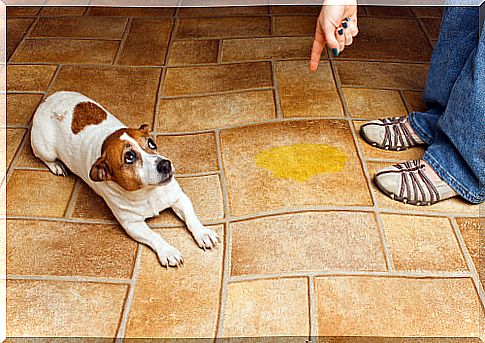
When dogs begin to get older, just like humans, they begin to lose strength and their bodies no longer respond as they used to. For these reasons, it is good to be patient and try to understand that their mood may not be the best, just as their predisposition is no longer what it once was.
Surely they begin to no longer see or hear very well, their bones ache and, instead of playing with us, they prefer to continue sleeping. Sometimes they begin to suffer from some kind of cognitive dysfunction that alters their behavior. Your vet will be able to advise you on how to proceed and how to alleviate the situation in these cases.
On the other hand, puppies undergoing training can become sulky and capricious in the face of certain “prohibitions” and “corrections”. Here too we must arm ourselves with patience, and make them understand, with affection and persistence (never through punishments), what the rules of the game are, so that good humor becomes the constant element in the relationships between human and animal members of the family.
